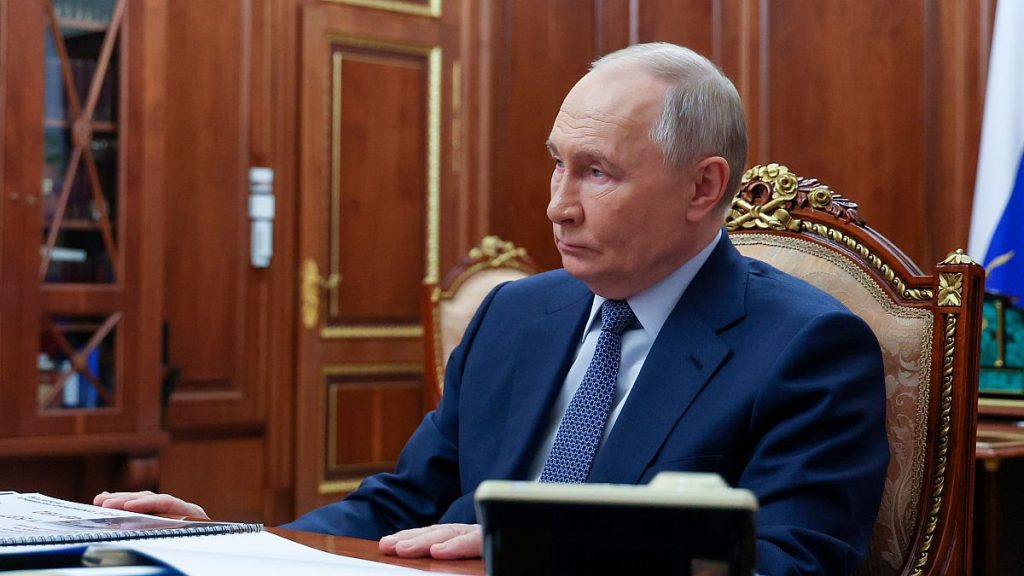Russian President Vladimir Putin has expressed openness to Slovakia’s offer as a location for peace negotiations with Ukraine. This comes after Slovak Prime Minister Robert Fico’s controversial visit to Moscow, which has been seen as a challenge to EU unity in response to Russia’s invasion of Ukraine. Putin stated that Fico primarily focused on seeking a peaceful resolution in Ukraine during his visit, and mentioned that Slovakia’s neutral position on the conflict is acceptable to Russia. Slovakia, a NATO and EU member heavily dependent on Russian gas, raised concerns about potential gas supply disruptions after Ukraine refused to extend a gas transit contract scheduled to end this year.
Fico’s decision to visit Moscow has sparked criticism and backlash in Slovakia. Thousands of protesters gathered in Bratislava to denounce the Prime Minister’s actions, accusing him of being a traitor and serving as a tool for Russian propaganda. Opposition parties in the country have also condemned the visit, labeling it as a betrayal of allies and damaging Slovakia’s credibility on the international stage. Despite these criticisms, Fico’s coalition partners and government officials see negotiations with Putin as an opportunity to secure affordable gas supplies for Slovakia, which is a key concern for the country.
The Kremlin has indicated that resuming gas shipments to Europe through Ukraine, set to expire this year, would require Kyiv to withdraw from an arbitration dispute with Russian gas company Gazprom. Slovakia’s offer to host peace talks with Ukraine demonstrates an effort to facilitate dialogue and potentially find a resolution to the ongoing conflict. Putin’s remarks suggest a willingness to consider Slovakia as a venue for negotiations, highlighting the importance of finding peaceful solutions to the crisis in Ukraine.
Slovakia’s position as a NATO and EU member, coupled with its reliance on Russian gas, adds complexity to the situation and underscores the challenges faced by the country in balancing its interests. Fico’s visit to Moscow has raised concerns about the unity of the EU bloc in response to Russia’s actions in Ukraine, with critics accusing Slovakia of undermining European solidarity. The controversy surrounding the visit highlights the delicate political dynamics at play and the need for careful diplomacy in navigating the complex geopolitical landscape in Eastern Europe.
Moving forward, the role of Slovakia in potential peace negotiations with Ukraine could serve as a test of the country’s diplomatic capabilities and its ability to balance competing interests. The backlash Fico has faced domestically underscores the sensitivity of engaging with Russia amid ongoing tensions in the region. As discussions evolve and potential talks progress, Slovakia may find itself in a pivotal position to facilitate dialogue and contribute to efforts aimed at resolving the conflict in Ukraine. Putin’s comments regarding Slovakia’s offer indicate a willingness to explore diplomatic avenues and potentially move towards a peaceful resolution in the region.


